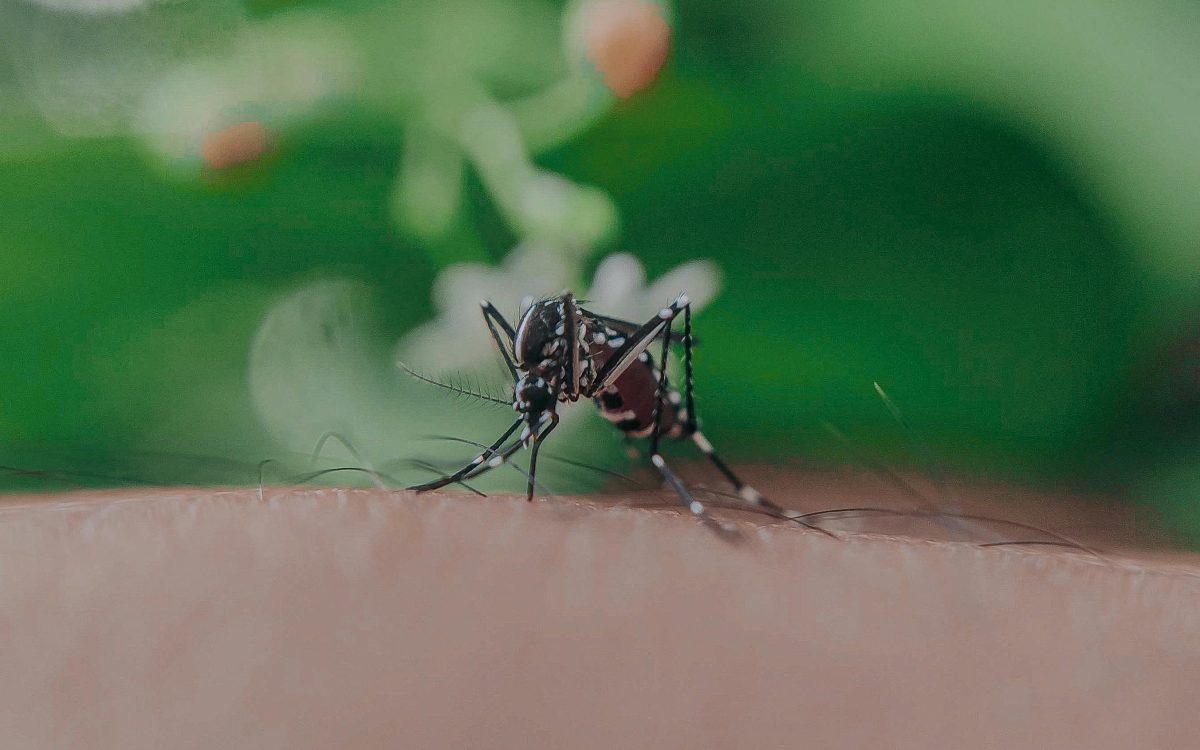
Drug-Resistant Malaria Strain. News. A drug-resistant strain of malaria is spreading in Africa, putting millions of people at risk. The powerful drug artemisinin, a key treatment for this mosquito-borne illness, is losing its effectiveness. In some areas, this resistant strain now accounts for 20% of malaria cases.
Artemisinin is crucial for treating both severe and mild malaria, as it rapidly reduces the number of parasites during the first three days of treatment. However, the World Health Organization warns that resistance to this drug poses a significant challenge to global efforts to eradicate malaria.
A report published in the journal Science by leading malaria scientists emphasizes the urgent need for action, as past resistance to antimalarial drugs led to millions of preventable deaths. Without immediate measures, history may repeat itself.
Read also: President Biden steps down from re-election bid, backs Kamala Harris
Malaria is transmitted exclusively by the Anopheles mosquito. Early symptoms include flu-like signs such as chills, fever, and nausea, which can progress to severe conditions like kidney failure, seizures, confusion, and coma.
Prevention is crucial. Vaccines are available and have been shown to reduce uncomplicated malaria by 40%, severe malaria by 30%, and overall mortality by 13%. Additionally, using insecticide-treated bed nets is an effective method to prevent mosquito bites.
Read also: Germany Reflects on Angela Merkel’s Legacy
Professor Olugbenga Mokuolu from the University of Ilorin in Nigeria stresses that immediate action is necessary to prevent further deaths due to ineffective treatments. The World Health Organization reports that children under five account for 80% of malaria deaths in the region.
In the U.S., five cases of malaria were recently reported in Florida and Texas, the first in 20 years. These cases were acquired locally from infected mosquito bites, although most malaria cases in the U.S. are typically from travellers.
